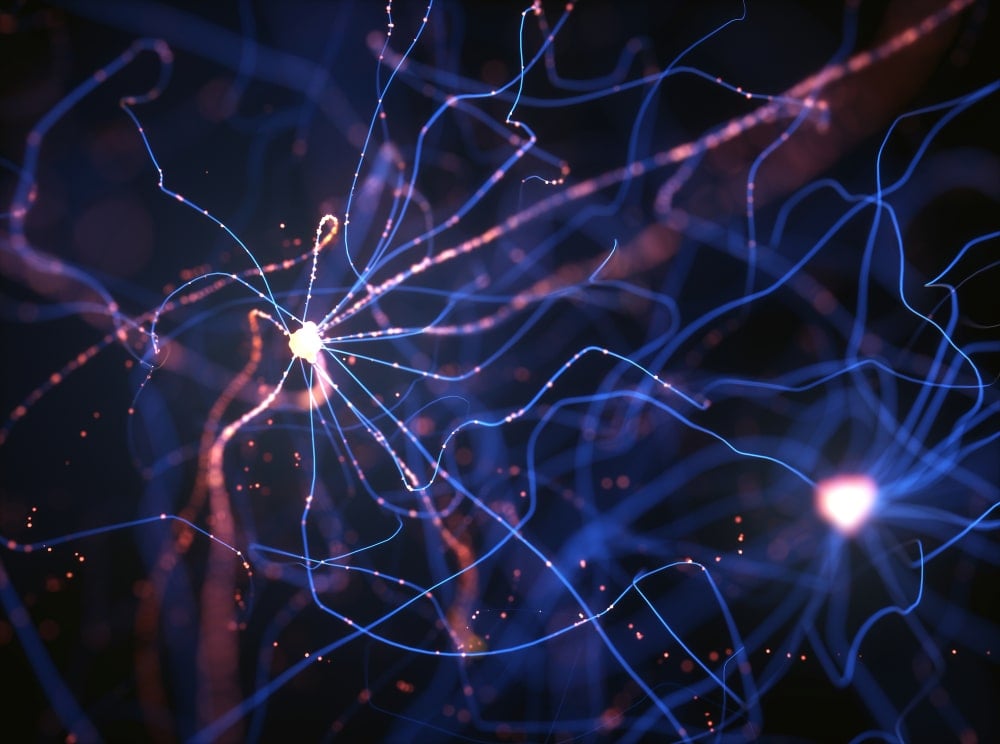
FREE SHIPPING TO U.S. AND PUERTO RICO FOR ALL ORDERS $100 AND OVER!
We are unable to accept returns on any products or test kits. All sales are final.
By visiting our site, you agree to our privacy policy regarding cookies, tracking statistics, etc. Read more
FREE SHIPPING TO U.S. AND PUERTO RICO FOR ALL ORDERS $100 AND OVER!
We are unable to accept returns on any products or test kits. All sales are final.
FREE SHIPPING TO U.S. AND PUERTO RICO FOR ALL ORDERS $100 AND OVER!
We do not currently ship internationally.

Neurotransmitters are the chemical messengers of the nervous system, essential for relaying signals within the brain and communicating with all organ systems of the body.
Testing is important because neurotransmitter imbalance is an underlying cause for the improper functioning of the communication system of the body.
Recent medical surveys report that eight out of ten people are found to suffer from neurotransmitter imbalances that ultimately result in general disorders like obesity, migraine headaches, depression, ADHD and anxiety.
In This Article
A neurotransmitter test can identify and correct neurotransmitter imbalances before they become severe enough to cause symptoms. It can help determine which medication or natural treatment would be beneficial in treating existing conditions.
For nearly 60 years, scientists have been measuring neurotransmitters and their metabolites as markers for a myriad of applications. Recent developments in this field have taken this technology from an academic to a clinical setting, where neurotransmitter testing can be used by clinicians as a non-invasive tool to address nervous system function. Neurotransmitter tests are available to determine the levels of major neurotransmitters, including serotonin, dopamine, norepinephrine and GABA.
Located within the capillaries that deliver blood to the brain, the Blood Brain Barrier is a single layer of specialized endothelial cells referred to as BCEC’s (brain capillary endothelial cells). These cells play a protective role, selectively allowing molecules into the Central Nervous System (CNS) while preventing harmful molecules from entering.
For this reason, it is a commonly held misconception that neurotransmitters from the CNS cannot move to the periphery (out of the brain). In fact, BCEC’s possess transporters whose function is to regulate the passage of neurotransmitters in and out of the CNS.
Neurotransmitters located in your blood are filtered by the kidneys and subsequently excreted in the urine. The existence of intact neurotransmitters in urine is not disputed, as evidenced by studies demonstrating renal transporters capable of filtering neurotransmitters from the blood to the urine. A simple non-invasive urine collection can be employed to obtain the levels of the main neurotransmitters that regulate mood and behavior.
This testing utilizes a simple urine specimen you collect in the privacy of your home and send back via postal service to the lab.
A healthcare practitioner specializing in neurotransmitter balancing can interpret the test and formulate a treatment plan based on the individual’s clinical symptoms and unique neurotransmitter imbalances. These results can serve as a guide for choosing the appropriate medication or supplements to provide a more natural cure for depression, anxiety, and many other mental health disorders.

Dr. David Scheiderer MD, MBA, DFAPA, is the Chief Medical Officer and Director of Education for Integrative Psychiatry, Inc.
An accomplished clinician, educator, and lecturer, Dr. Dave has established himself as a key opinion leader in the fields of both mainstream psychiatry and functional medicine. Dissatisfied with the patient outcomes using only conventional treatments, he began treating his patients by addressing biological imbalances with lifestyle improvements, nutrition and nutraceuticals to get better outcomes. His integrative approach provided much improved results. Dr. Dave is passionate about helping the community he serves by personalizing treatments and educating the public about mental health and healthy aging. He has formulated several of our supplements and sat on the advisory board for many others, ensuring the products we carry are based on science and experience and have the best efficacy rates and highest ingredient quality available.
This site is protected by reCAPTCHA and the Google Privacy Policy and Terms of Service apply.